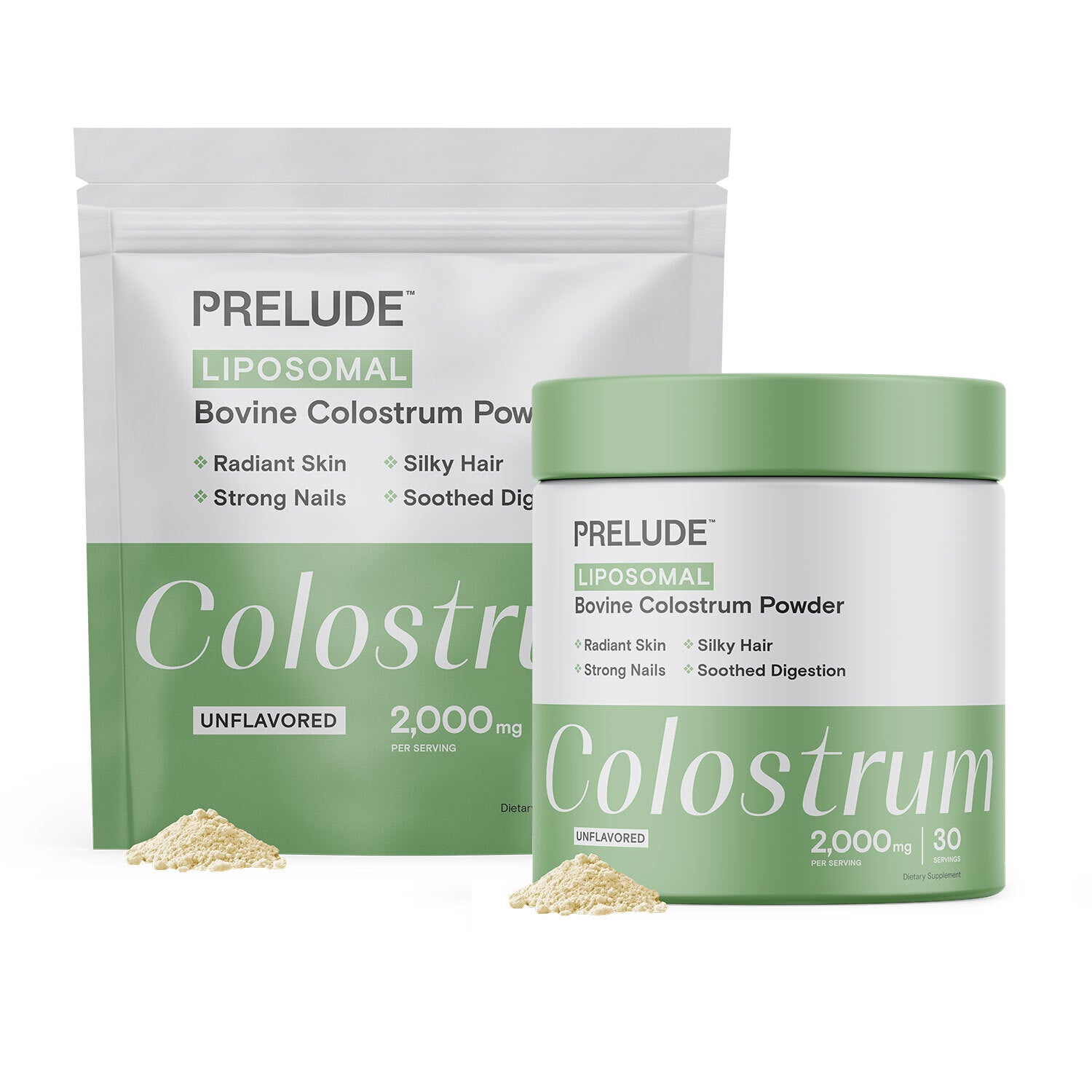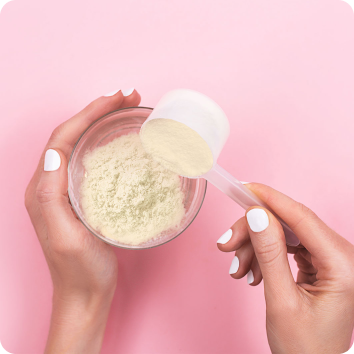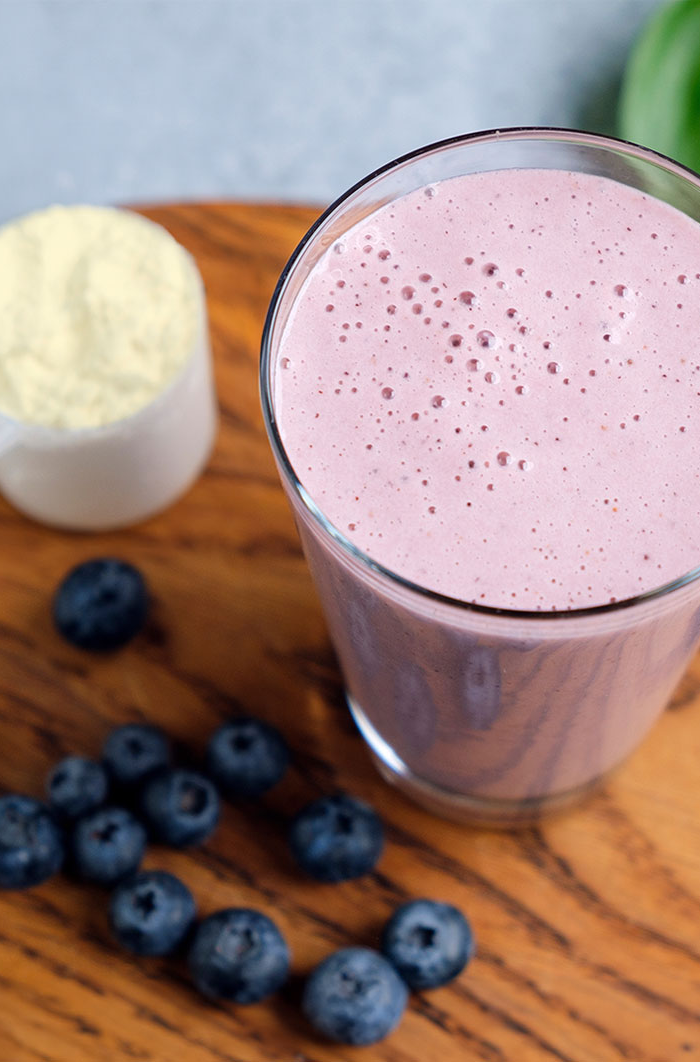
Understanding the Importance of Rest and Recovery
Regularly moving your body as part of an exercise regimen is critical to your overall health. Regular exercise strengthens your body, helps manage weight, reduces stress, lifts mood, and improves cognitive functions such as memory, focus, and concentration. A life well-lived is one full of physical activity that feeds the body and soul; however, intentional living also includes ample rest and recovery. This guide will explore why recovery after exercise is important, and give practical tips for resting purposefully.
Harnessing the Power of Rest and Recovery
Let’s outline some physiological and psychological benefits of post-exercise rest and recovery.
Physiological Benefits
- Muscle repair and growth: When you make your body work harder than usual, your muscles experience microtearing. Rest gives your body the time necessary to repair these tears and rebuild muscle tissue.
- Enhanced energy levels and performance: Exercise depletes your body's glycogen stores, the primary energy source for muscles. Proper recovery allows your body to replenish glycogen, making more energy readily available for future workouts. A lack of recovery leads to less effective workouts.
- Improved immune function: Recovery is essential to boosting your immune system, which is weakened slightly during exercise. Too little rest compromises your ability to fight sickness and disease.
- Lowered injury risk: When your body is fatigued and hasn't had enough time to recover, you're more susceptible to injuries. Proper recovery allows your muscles, tendons, and ligaments to repair themselves, reducing your risk of injury.
- Enhanced hormonal balance: Exercise can disrupt your hormone levels. Rest and recovery allow your body to regulate hormone production, including hormones essential for growth, metabolism, and sleep.
- Better sleep: Regular physical activity can improve sleep quality, but recovery promotes deep, restorative sleep that repairs tissue and consolidates the neural connections formed during training.
Psychological Benefits
- Reduced stress and anxiety: Exercise is a great stress reliever, but pushing yourself too hard or too long increases stress hormones. Your body and mind need rest and recovery to return to a calmer state for overall emotional wellness.
- Improved emotional regulation: The well-rested body is better equipped to face challenges and regulate emotions. Fatigue can cause emotional outbursts and irritability.
- Enhanced focus and concentration: When you’re fatigued, it’s harder to concentrate and stay sharp mentally. Exercise can improve cognitive function, but recovery is critical for sustained cognitive performance.
Exercise and recovery are the yin and yang to a life of wellness. They both offer real benefits to the body and mind. Just as there are many ways to exercise and train, there are different types of recovery. To better understand why recovery after exercise is important, you should explore some post-workout restoration activities.
Exploring Types of Recovery
There are two types of recovery, active and passive, each with different benefits to help you get the most out of exercise and prevent injuries:
Active Recovery
Active recovery involves low-intensity activities that promote circulation, helping your body remove waste products built up during exercise. Think of it as a gentle cool-down that keeps you moving after an intense workout. Some examples include walking, light yoga, swimming, or gentle cycling. Active recovery activities avoid excessive stress on the muscles you just exercise. Some active recovery benefits include the following:
- Reduced muscle soreness: By flushing out lactic acid and improving circulation, active recovery helps alleviate post-workout soreness.
- Improved flexibility: Light stretching and movement during active recovery can improve flexibility and range of motion.
- Mental rejuvenation: Low-intensity activities can be calming and help you transition from a strenuous workout to a relaxed state.
Passive Recovery
Passive recovery is about complete rest. It allows your body to fully repair damaged tissues, rebuild muscle, and replenish energy reserves with little to no effort. Examples of passive recovery include getting adequate sleep, going for a massage, and relaxation practices such as meditation or deep breathing. Consider these advantages of passive recovery:
- Enhanced muscle repair and growth: Rest allows your body to prioritize muscle repair and rebuild damaged tissues, leading to stronger muscles.
- Boosted energy levels: Good sleep replenishes your body's energy stores, revitalizing you for your next workout.
- Improved immune function: Exercise slightly diminishes your immune system. Passive recovery helps restore it to optimal performance.
Active and passive recovery are not interchangeable; they work together to optimize muscle recovery after exercise. Just as there are different ways to train, there are different ways to rejuvenate after a workout. Studies have shown that elite athletes employ different recovery methods to maximize their performance. Incorporate active and passive recovery into your routine to prepare for the challenges ahead.
Getting Enough Rest
Understanding that exercise is essential for healthy living, you must complete a certain amount to reach your goals. Similarly, a certain amount of sleep and rest is needed to reap the full benefits of post-exercise recovery. How much sleep is enough? Several factors, such as age, fitness level, and workout intensity, will influence this.
Beginners usually need more rest as their bodies adapt to exercise. Aim for seven to nine hours of sleep each night and incorporate two to three rest days after intense training. Experienced athletes can handle higher training volumes, but rest days are still crucial. Use the following as a general guide:
- Low-intensity workouts: Certain types of active recovery, like yoga, are low-intensity activities that usually require only 24 hours of recovery.
- Medium-intensity workouts: After brisk walking or swimming, have one to two rest days.
- High-intensity workouts: After running or weightlifting, you need more recovery time. Aim for two or three rest days.
Active recovery complements your rest days by promoting circulation and reducing muscle soreness.
Listening to Your Body
Our bodies send signals when they need sleep. Common signs of sleep deprivation include fatigue, difficulty concentrating, mood swings, and increased appetite. Conversely, feeling rested and alert upon waking is a sign you're getting enough sleep. No two bodies have the same responses to rest and relaxation methods. It’s important to pay attention to your body.
Optimizing Your Recovery
Now, let’s discuss practical approaches to maximizing post-exercise recovery for both muscles and the mind.
Sleep Like a Champion
Sleep is critical to restoring your body after working out. While asleep, your body releases hormones that repair and grow your muscles. Aim for a minimum of seven hours of quality sleep. Begin with a relaxing bedtime routine that includes dimming lights, avoiding screen time within one hour before bed, and taking a warm bath. Most people sleep better in a room between 60 and 68 degrees fahrenheit.
Fuel Your Recovery
Nutrition is a vital component in muscle repair and rebuilding. Consume a balanced diet rich in protein, carbohydrates, and healthy fats within 30 to 45 minutes after working out. Protein is the MVP for building muscle tissue, while carbohydrates replenish glycogen, your body’s primary energy source. Good fats support overall health and hormone balance.
Our digestive health is especially important too. Exercise can disrupt digestion, so avoid heavy and greasy foods during recovery. Include probiotic-rich foods such as yogurt, sauerkraut, and kefir to promote gut health, all of which can support recovery.
Stay Hydrated
Dehydration impedes recovery. Drink plenty of fluids throughout the day, even when you’re not exercising. Increase water intake before, during, and after your workouts. You should drink about half your body weight in ounces of water daily. Electrolyte-rich beverages also replenish minerals lost through sweat.
Don’t Forget Your Skin
During exercise, your body sweats to regulate temperature. This sweating process helps cool you down but can also clog pores with dirt, salt, and dead skin cells. Clogged pores can lead to irritation, and breakouts, hindering the skin's natural renewal process. Cleanse your face after physical activity to remove sweat and debris, helping your pores to breathe and aiding in faster skin regeneration.
Supercharge Your Recovery
Colostrum offers potential benefits to elevate recovery. Produced by mammals in the first few days following birth, this yellowish fluid shows promise for post-workout recovery. Some studies suggest this naturally occurring substance may enhance muscle growth and reduce soreness after training. Colostrum contains certain growth factors and immune modulators that stimulate protein synthesis and lower inflammation. Colostrum also contains immunoglobulins, which are antibodies that help fight infection. Enhance your recovery regimen with a high-quality source of colostrum powder.
Being Your Best Self
Exercise is a powerful tool for building a healthier you. But remember, pushing yourself too hard without proper rest and recovery can hinder your progress and even lead to injury. Recovery after exercise is important for realizing your full potential. Contact us today to learn more about achieving your fitness goals.
















